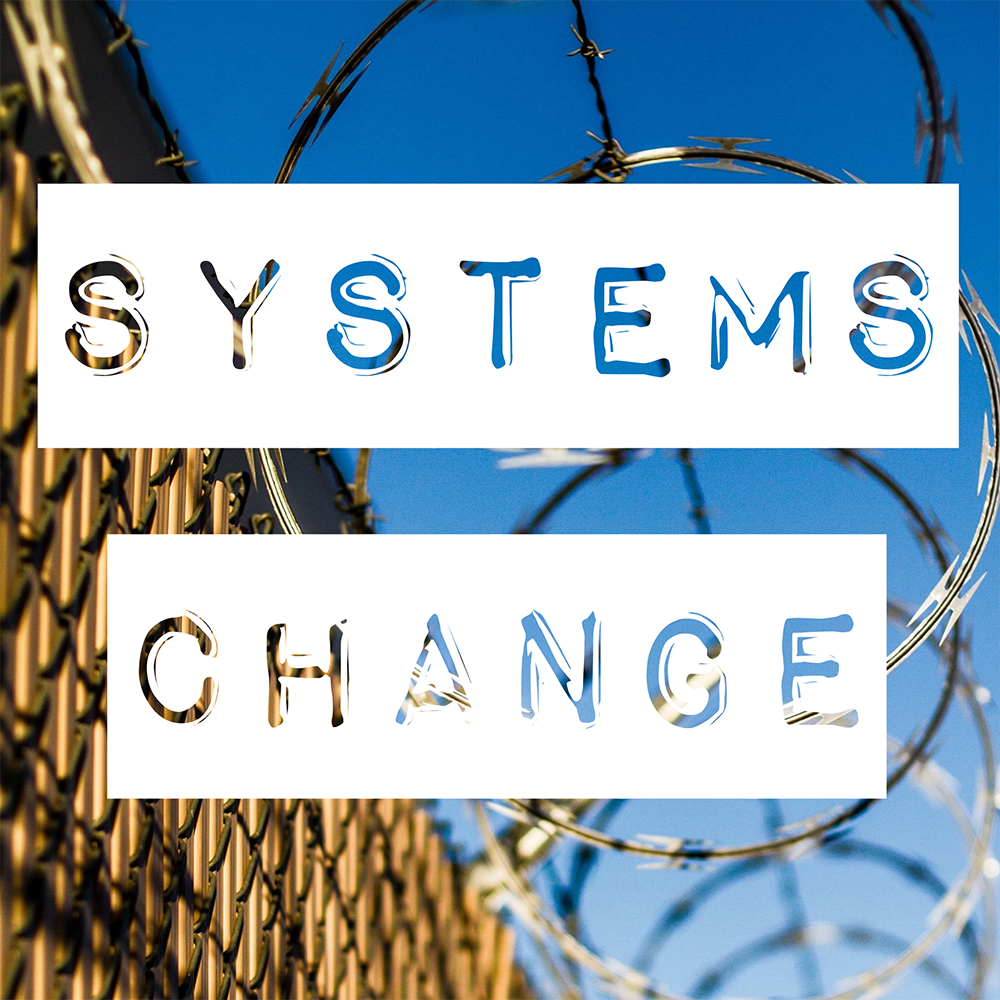
ICAN is leading the charge in addressing changes to banking systems for people in prison. In a recent submission to the Australian Bankers Association (ABA) Code of Banking Practice Review, ICAN highlighted five practical recommendations that the banking industry can make to address current inequities. The recommendations tackle the structural barriers witnessed first-hand by ICAN financial counsellors, Sharon Edwards and Alex Price-Busch, in their fortnightly outreach service to Lotus Glen Correctional Centre (LGCC).
“People entering prison, often come with debts which they have limited information about,” said Sharon. “Their ability to obtain information to deal with the debts is near impossible, due to the many barriers faced inside. Unresolved debts grow through additional fees and interest charges while in prison, resulting in an unmanageable debt upon release.”
A 2019 Queensland Productivity Commission Inquiry (p359), reported on the link between unresolved financial issues and stress for people inside prison, and the compounded risk of reoffending because of increased indebtedness. ICAN Operations Manager, Jillian Williams highlights banks, and the products and services they provide are critical tools for managing the essential needs of day-to-day life.
“Banking products and services remain crucial for people incarcerated,” said Jillian. “We are trying to amend systems that will allow people in prison to keep managing their financial lives while on the inside. What we really need from the banks is for them to acknowledge that people in prison, and those transitioning out, experience vulnerable circumstances and amend the Code of Banking Practice accordingly.”
In a growing movement for change, Financial Counselling Australia, and the Thriving Communities Partnership, have championed the impact of financial issues on people in prison in their reports; Double Punishment: How people in prison pay twice and Fostering Financial Stability for People in Prison Project. As highlighted in these reports, people entering prison will come with many and varied debts which they have limited information about, and which will often go unaddressed or unresolved.
Through a partnership with LGCC, in Far North Queensland, ICAN Trainer, Majella Anderson and Financial Counsellor, Alex Price-Busch deliver our financial capability program, Yarnin’ Money, once a month. The participant stories and comments shared in group training or one-on-one financial counselling sessions, best characterise the need for systems change:
“It is such a relief to know you can help. I had no way of letting them know I was here. I was worried I could lose my house.”
“My bills and things have been stressing me out so much, I couldn’t sleep.”
“I worry about my family on the outside. If I can’t deal with my bills and things, it will only make it worse for them.”
“I really want to straighten everything out while I’m here so I can have a fresh start. I want to be able to rent a place for me and my son and buy a car. If I had a car, I could take my son to footy and I could get out of the ‘Bronx.’”
We hope that our submission can affect meaningful change to the systems impacting people in prison. You can read our submission to the Code of Banking Practice Review on our website at: https://ican.org.au/wp-content/uploads/2021/08/Submission_ABA_Banking_Code_Review_2021.pdf